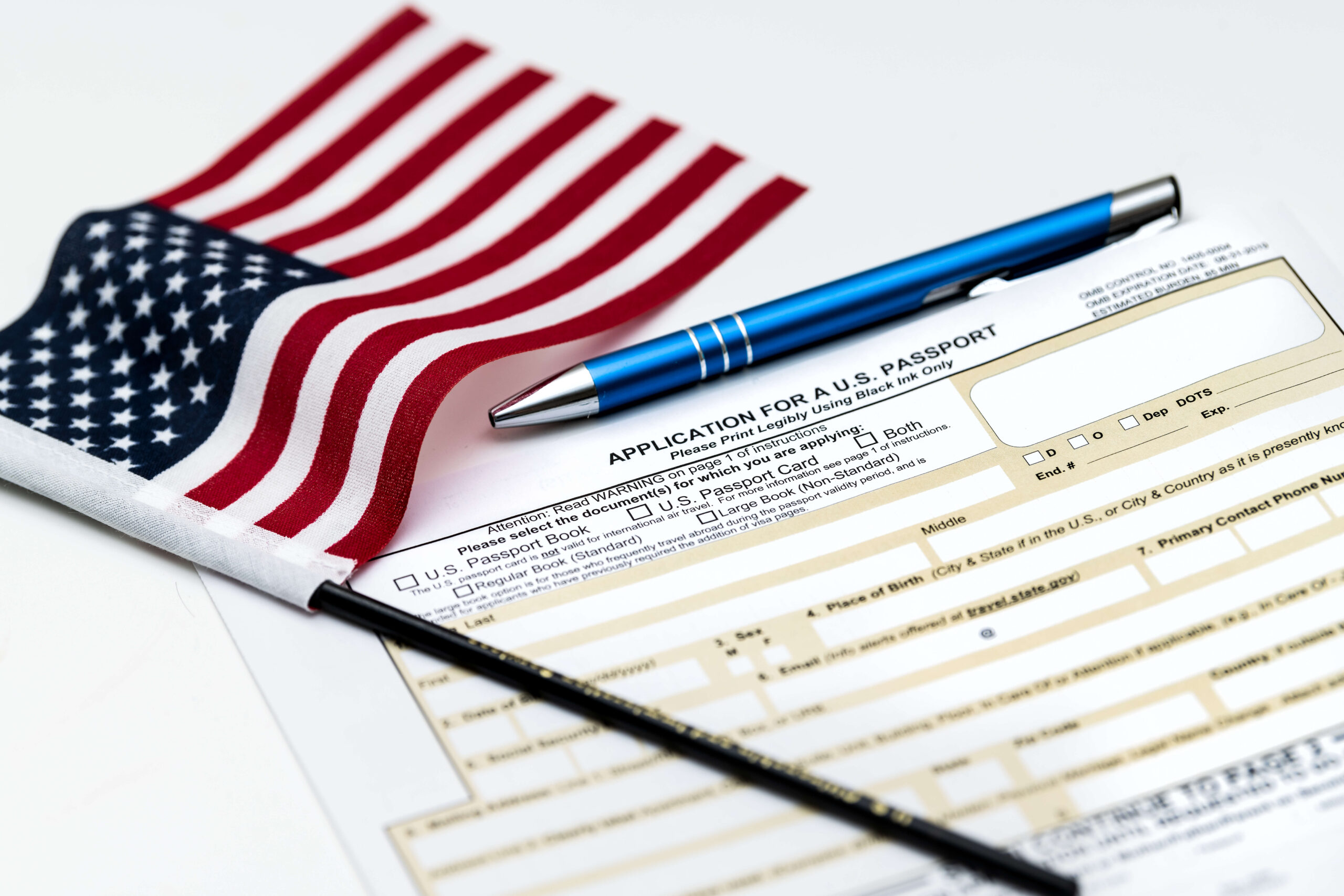On October 1, 2020, the United States District Court for the Northern District of California issued a limited preliminary injunction enjoining the U.S. Department of Homeland Security (DHS) from “implementing, enforcing, or otherwise carrying out” Section 2 of Presidential Proclamation 10052 of June 22, 2020, which suspended the entry of individuals into the United States on select nonimmigrant visas. Under the order, DHS is also blocked from “engaging in any action that results in the non-processing or non-issuance of applications for visas in the H, J, and L categories which, but for Proclamation 10052, would be eligible for processing and issuance ….”
The preliminary injunction stems from a case that the National Association of Manufacturers and others filed against DHS, challenging the overall legality of Presidential Proclamation 10052, “Proclamation Suspending Entry of Aliens Who Present a Risk to the U.S. Labor Market Following the Coronavirus Outbreak,” and seeking its permanent injunction. Importantly, the preliminary injunction is applicable only to the plaintiffs in the case, and their members.
What does Section 2 of Presidential Proclamation 10052 suspend?
Section 2 of Presidential Proclamation 10052, specifically suspends the entry of certain individuals to the United States on H-1B, H-2B, J-1, and L-1 visas. The suspension is set to last through December 31, 2020, with the provision that it “may be continued as necessary.” On August 12, 2020, the U.S. Department of State issued guidance on scenarios that may qualify for a “national interest exception” under the suspension. Exceptions include, among others, travel as a public health or healthcare professional, travel to meet critical U.S. foreign policy objectives, travel by employees seeking to resume ongoing employment in the United States in the same position with the same employer and visa classification, or travel “to facilitate the immediate and continued economic recovery of the United States.”
What is the scope of the injunction?
The court’s preliminary injunction is limited in scope; it does not enjoin DHS from enforcing the visa suspension completely. Rather, the injunction temporarily bars DHS from enforcing the suspension against only the plaintiff organizations and their members, which include the National Association of Manufacturers, the Chamber of Commerce of the United States of America, the National Retail Federation, Technet, and Intrax, Inc.
Practically speaking, however, the impact of the preliminary injunction is quite broad. As the court notes in its order, the plaintiff organizations’ members “comprise hundreds of thousands of American businesses of all sizes and from a cross-section of economic sectors.” Nevertheless, foreign national employees of companies that are not members of any one of the plaintiff organizations remain subject to the proclamation’s visa suspension provision.
Why did the court issue a preliminary injunction?
The plaintiff organizations in the case argued for injunctive relief on the basis that the proclamation’s suspension on entry into the United States exceeded the authority of the executive branch. The court grounded its preliminary injunction on its finding that the suspension was an overreach of the president’s power in the immigration context. The court stated that Congress, not the president, has the power to set immigration policy, and although Congress may delegate authority to the president to act with respect to immigration when foreign relations or national security are implicated, such delegated authority does not extend to issues involving domestic policy. Because the proclamation’s visa suspension “deals with a purely domestic economic issue – the loss of employment during a national pandemic,” the court held that it was outside the president’s realm of power to enact.
Furthermore, the court found that the government had failed to present any evidence that the foreign nationals whom the proclamation suspended from entry would have had a detrimental effect on the country’s economic recovery if permitted to enter the United States. Thus, according to the court, this lack of evidence undermined the rationale for the proclamation. The court stated the following:
The statistics regarding pandemic-related unemployment actually indicate that unemployment is concentrated in service occupations and that [a] large number of job vacancies remain in the area most affected by the ban, computer operations which require high-skilled workers. … These jobs are simply not fungible.
What happens next?
The preliminary injunction remains in effect pending trial of the case or further order of the court. DHS has yet to provide guidance on how it will direct consulates to comply with the court’s order.
Ogletree Deakins’ Immigration Practice Group will continue to monitor developments with respect to these and other policy changes and will post updates on the Immigration blog as additional information becomes available.




